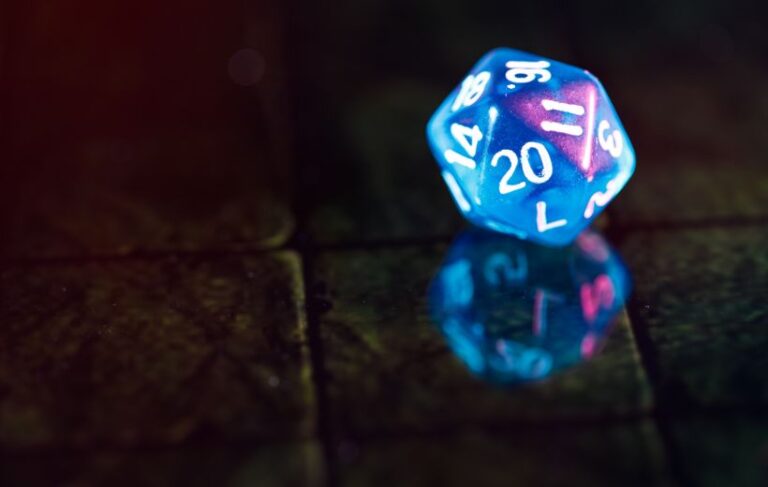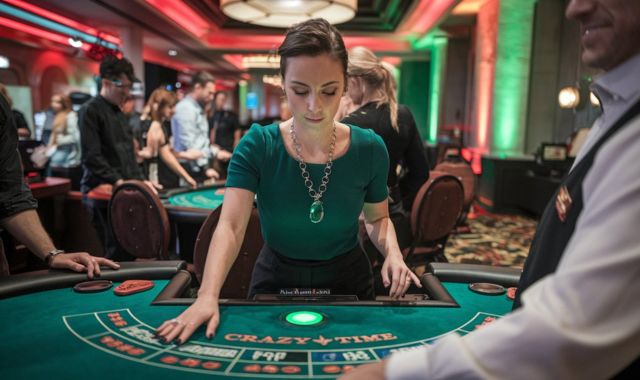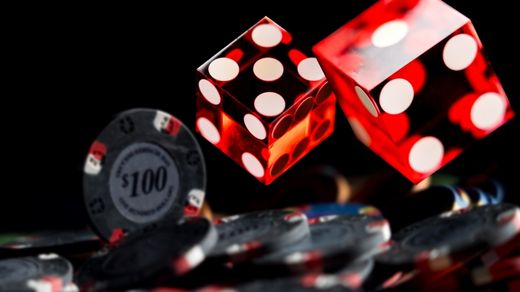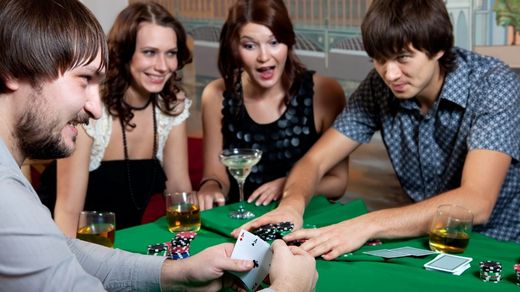If you’re new to the world of online betting or a seasoned player looking to make the most of your betting experience, the Starzbet Deneme Bonusu is an offer you shouldn’t miss. Starzbet, known for its user-friendly platform and diverse gaming options, provides a Deneme Bonusu—a no-deposit bonus—to help new players get a head start. This bonus allows users to test the platform, explore the games, and even win real money without spending a dime.
In this article, we’ll walk you through the steps to claim the Starzbet Deneme Bonusu and provide tips on how to maximize its use, giving you the best chance to win big!
What is the Starzbet Deneme Bonusu?
The Starzbet deneme bonusu is essentially a no-deposit bonus, which means you get free money or credits to play without having to make an initial deposit. It’s Starzbet’s way of welcoming new players, giving them an opportunity to experience the platform, its games, and features without any risk.
Unlike traditional deposit-based bonuses, the Deneme Bonusu allows you to play with bonus funds first. Whether you’re interested in sports betting, slots, or live casino games, you can use this bonus to explore the options available.
Step-by-Step Guide to Claiming Your Starzbet Deneme Bonusu
Claiming the Starzbet Deneme Bonusu is a straightforward process, designed to ensure that new players can easily access their bonus and start betting quickly. Here’s how you can claim yours today:
1. Create a Starzbet Account
The first step is to register for an account on the Starzbet platform. To do this:
- Visit the Starzbet website or download the app if available.
- Click on the “Sign Up” or “Register” button, which will take you to the registration page.
- Fill in the required details, including your name, email address, and phone number. Make sure all the information you provide is accurate, as this will be used for account verification.
- Create a secure password for your account.
Once your account is created, you’ll be ready to proceed with claiming your bonus.
2. Verify Your Account
After registration, you will likely receive an email from Starzbet with a verification link. Click on the link to verify your email address. Some platforms also require phone verification, so keep your phone handy in case you need to confirm your account via SMS.
Verification is crucial, as many online betting platforms, including Starzbet, won’t allow you to claim any bonuses or withdraw winnings without completing this step.
3. Claim Your Deneme Bonusu
Once your account is verified, you can claim the Starzbet Deneme Bonusu. Here’s how:
- Log into your newly created account.
- Navigate to the “Promotions” or “Bonuses” section of the website. Here, you should see the available bonuses, including the Deneme Bonusu.
- Some platforms automatically credit the bonus to your account, while others may require you to manually claim it by clicking a button or entering a promo code.
If a promo code is required, you’ll find it in the promotion details. Simply enter the code, and the bonus will be credited to your account.
4. Start Playing!
Now that the Deneme Bonusu is in your account, it’s time to explore the Starzbet platform. Whether you’re into slots, live casinos, or sports betting, there are numerous games to try with your bonus funds.
How to Use Your Starzbet Deneme Bonusu Effectively
Using the Starzbet Deneme Bonusu wisely can make all the difference in how much you win. Here are some tips to help you get the most out of your bonus:
1. Understand the Wagering Requirements
Before you jump into the action, it’s crucial to understand the terms and conditions that apply to the Deneme Bonusu. Most bonuses come with wagering requirements, which indicate how many times you must play through the bonus amount before you can withdraw any winnings. For example, if the wagering requirement is 20x and your bonus is $10, you’ll need to place bets totaling $200 before you can withdraw your winnings.
Make sure to read the terms carefully and focus on games that help you meet these requirements efficiently.
2. Start with Low-Risk Games
To maximize your chances of meeting the wagering requirements and turning your bonus into real winnings, start by playing low-risk games. Low-variance slots or table games with lower house edges, like blackjack or baccarat, are good options for preserving your bankroll while working through the wagering requirements.
3. Diversify Your Play
One of the advantages of the Starzbet Deneme Bonusu is that you can use it across different types of games. Don’t hesitate to explore both the casino and sportsbook sections. If you’re new to sports betting, try small bets on popular events to get a feel for how the odds and markets work. Experimenting with different game types not only makes your experience more enjoyable but also increases your chances of finding a profitable strategy.
4. Keep an Eye on Ongoing Promotions
Starzbet regularly offers additional promotions, such as free spins or bonus bets, which can further enhance your play. Pairing your Deneme Bonusu with other promotions can help stretch your playtime and increase your chances of winning. Keep checking the promotions page for updates so you don’t miss out on these opportunities.
5. Track Your Progress
It’s easy to get caught up in the excitement of betting, but keeping track of your progress toward meeting the wagering requirements is essential. Regularly check your balance and progress in the “Bonuses” section of your account to ensure you’re on track to unlock your winnings.
Conclusion
The Starzbet Deneme Bonusu offers an excellent way for new players to get started without any financial risk. Whether you’re exploring slots, live casino games, or sports betting, this no-deposit bonus gives you the freedom to try out the platform and potentially win real money. By following the steps to claim your bonus and using it strategically, you can increase your chances of turning your bonus into substantial profits.
So, if you’re ready to start your betting journey, sign up for Starzbet today, claim your Deneme Bonusu, and explore everything the platform has to offer!










